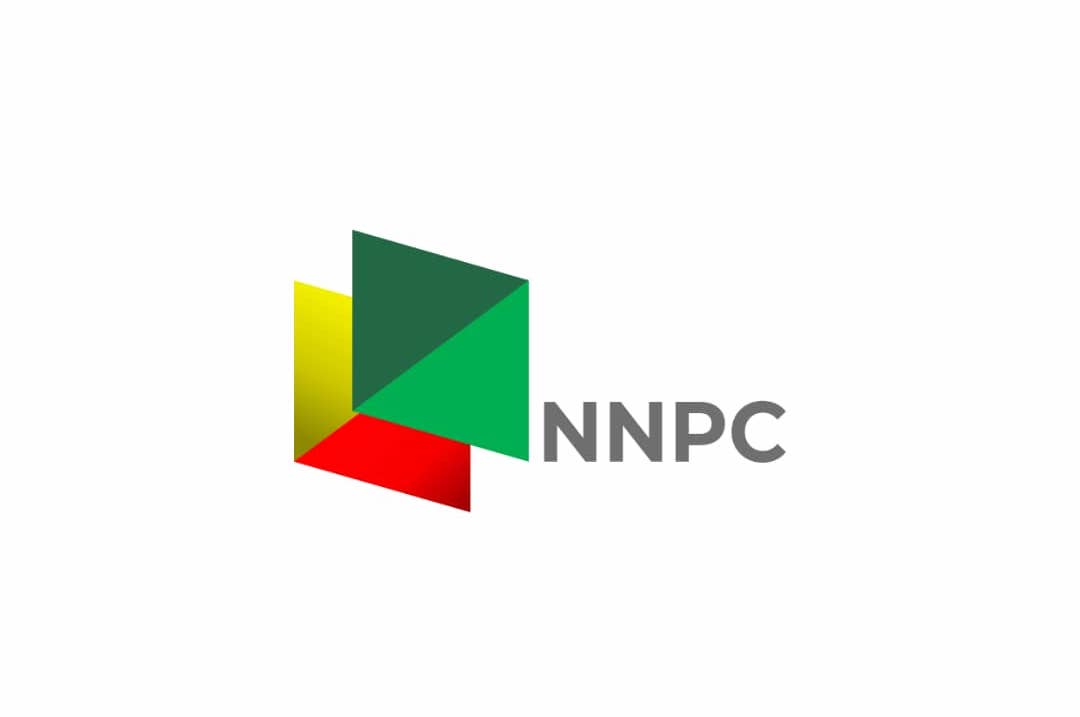Omolabake Fasogbon
Artificial Intelligence (AI) is redefining the financial technology landscape, driving multi-dimensional transformation through efficiency, innovation and enhanced fraud management. As AI-powered solutions revolutionise operations, decision-making, and customer engagement, it is expedient that Nigeria’s fintech industry move beyond just observing to structured adoption.
Thus, embracing AI strategically will not only enhance operational effectiveness, but also expand access to financial services, ensuring a more inclusive and resilient digital economy.
According to data, Nigeria’s AI market is projected to reach $434.4 million by 2026, growing at a staggering 44.2% compound annual growth rate (CAGR), organisations must therefore position themselves to harness its transformative potential. For Nigerian fintechs with a long-term vision, the urgency to act has never been greater. The sector stands at a critical juncture where embracing AI is no longer optional but essential for sustainable growth, innovation, and competitive advantage.
Remita being at the forefront of Nigeria’s transformative payment solutions is setting the benchmark for secure and seamless payment transactions. As fintech enters the AI-driven era, the firm is leading the charge with the launch of its latest report – ‘Unlocking the Power of AI in Nigeria’s Fintech Sector’.
The report serves as an industry blueprint providing actionable insight for AI adoption in financial services, and equipping fintechs with practical steps to harness AI for business growth, operational resilience and sustainable innovation. Conceived as a critical resource for fintech leaders, the report provides industry players with insights to future-proof their operations and stay ahead of evolving global trends.
“Nigeria’s fintech sector is expanding rapidly, commanding 52% of Africa’s total fintech funding and housing five of the continent’s nine unicorns as at 2024. According to industry data, the sector has played a significant role in doubling financial inclusion rates from 32% in 2012 to 64% in 2024 – a 100% increase in financial inclusion within a decade. This momentum is underscored by Nigeria’s surging digital transaction volume, which grew by 16.7% between 2023 and 2024, reaching over 11.2 billion transactions valued at $713 billion (N1.07 quadrillion) in 2024 alone. AI is setting the stage for more multi-dimensional growth in the fintech sector, propelling the industry to new heights,” the report revealed.
Commenting on the report, the Managing Director of Remita, DeRemi Atanda, said: “For years, fintech in Nigeria has been defined by bold ambition and relentless execution, but the next phase of development requires more strategic intelligence, and AI is one of the keys to unlocking what more represents.
“The leaders of tomorrow will be those who understand how to leverage the capabilities that new technologies like AI bring to the fore. The question is no longer whether to adopt AI, but how to do so in a way that delivers maximally. Similarly, as AI becomes central to financial technology, businesses that fail to integrate it into their core operations risk losing relevance in an increasingly digital-first economy.”
According to him, artificial intelligence is already proving its worth within the fintech industry by improving user experiences, enhancing operational efficiency, combating fraud, accelerating innovation, reducing time to market and lowering costs.
“The benefits of AI are becoming increasingly evident at Remita, where in-house tests show a 40% improvement in customer experiences, a 50% acceleration in API integration timelines, and a 19% reduction in customer inquiries. This clearly indicates that AI adoption is no longer a futuristic concept but a present necessity for fintechs looking to scale and remain competitive.
“The new report available on bit.ly/remita-AI
offers a comprehensive guide for fintech firms, regulators and industry players, outlining key actions necessary for AI adoption. It provides AI transformation strategies for fintechs drawn from Remita’s AI implementation journey,” he said.
The report also details a framework for regulatory collaboration to ensure AI-driven financial services remain ethical, transparent, and secure while providing guidelines for workforce AI-readiness to help teams build the skills and literacy needed to drive AI-powered fintech innovation.
Chief AI Officer of Remita, Uchenna Okpagu, remarked: “AI should be a force multiplier – not just an isolated feature set. Fintech firms that embed AI into their operational DNA, to transform security, scalability and business intelligence, will be the ones to drive the next decade of financial transformation. In the same vein, deploying AI is not just about having the latest technology and keeping up with trends, it requires carefully structured implementation, risk assessment, and a commitment to responsible innovation.
Atanda further reiterated the company’s committment to AI innovation, noting that it is not just about business transformation, bur strengthening Nigeria’s position as Africa’s fintech powerhouse.
“Apart from the general insights shared, this report provides some insight into how we have leveraged AI over the years and reinforces our position as a thought leader in AI and fintech innovation. With the right partnerships, policies and execution, we can all create a Nigeria and indeed Africa where AI-driven financial services are accessible, efficient and built to last.
“As a pioneer in payments and digital finance, we are not just adopting AI, we are shaping the standards for AI integration in fintech. This strategy is part of the company’s vision to remain at the forefront of fintech innovation, driving forward-thinking solutions that empower businesses, governments and individuals. The future of fintech will be defined by those who build with intention, execute with precision, and adapt to the realities of an AI-driven world,” he stated.






